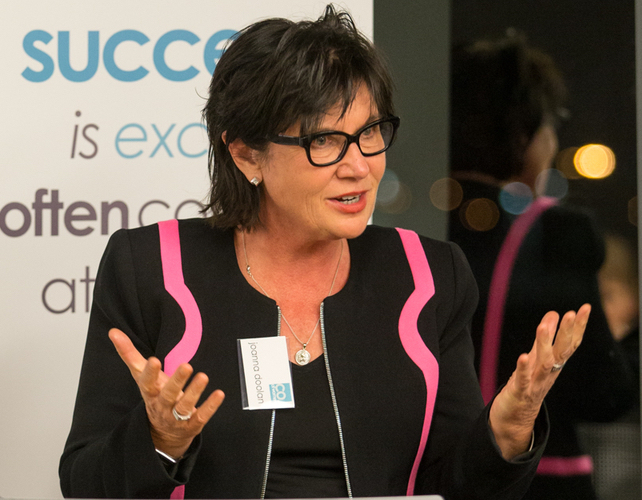It’s official. New Zealand is the number one place for ease of doing business out of the 190 countries examined by the World Bank. As we pause to celebrate this the flip side is woeful as half of our businesses fail in their first five years.
This is not just devastating for the owners who have given their all to try and ensure their businesses are successful, it has a huge impact on the wellbeing of New Zealand. Small and medium businesses account for 98 percent of all New Zealand entities and create 60 percent of the jobs in New Zealand.
With these sobering facts in mind it’s a good idea to consider the risk elements that entrepreneurs can try to mitigate so we can change those percentages.
We know that entrepreneurs by their very nature are risk takers and want to spend their time and energy on creating opportunities, not covering their backsides, so if you’re still reading grab a stiff drink and think about what small thing you could do differently:

my key message = sit down with an expert and work out what is critical for you and learn to love your numbers
Financial risk
Rather than making this number one on the list I decided I had too much to say to make it a small point and my plea as a beanie will always be to get to love your numbers and be totally familiar with what they tell you. Cash flow is number one. You have to monitor this on a weekly if not daily basis. Every number paints a picture and while you think it may be a very abstract picture learn to interpret your abstract art. Your gross margin as a percentage of sales tells you how much of every dollar of sales, after the direct costs, you have available to meet fixed costs like running your office. By closely monitoring this you can look to increasing prices or reducing costs proactively rather than waiting for the ambulance at the bottom of the cliff.
Understand your receivable days. In doing so you improve your cash flow by targeting your debtors to ensure they pay on time. How many times you turn your stock over is important and tells you a story about goods you’re ordering, whether you have excessive stock on hand, obsolete or slow moving items and focuses you on selling off these items to convert them to cash or to order less.
Your current ratio tells you what your short term liquidity is and paints a picture of whether you’re solvent or not. If you’re trading while insolvent you are personally liable meaning your limited liability company provides no protection.
I could go on as the financial analysis is very exciting to us beanies, however I’ll spare you and restate this key message: sit down with an expert and work out what is critical for you and learn to love your numbers!
And now to other key areas of risk - consider these 8 aspects:
Your success contributes to the wellbeing of New Zealand and pausing to mitigate your downside risk is a responsibility of doing business. Start to see this as a smart and necessary part of ensuring the future welfare of your business and know that we wish you nothing but the best of success.
Jo is a member of Co.OfWomen and sits on our board - you can connect to Jo via our community